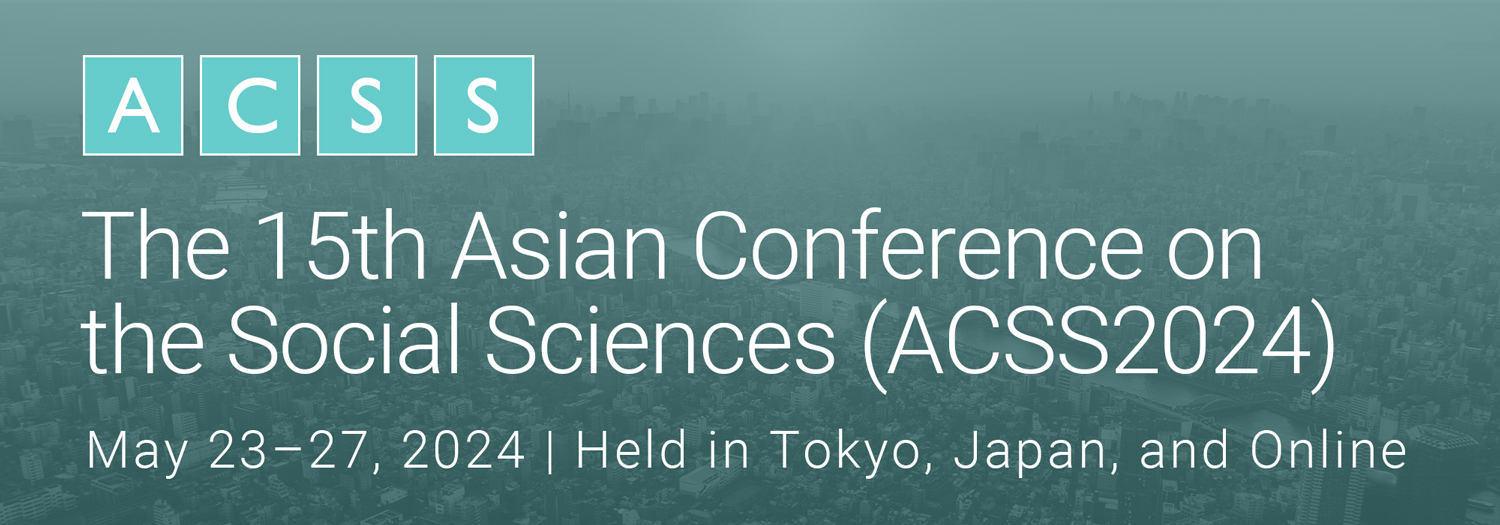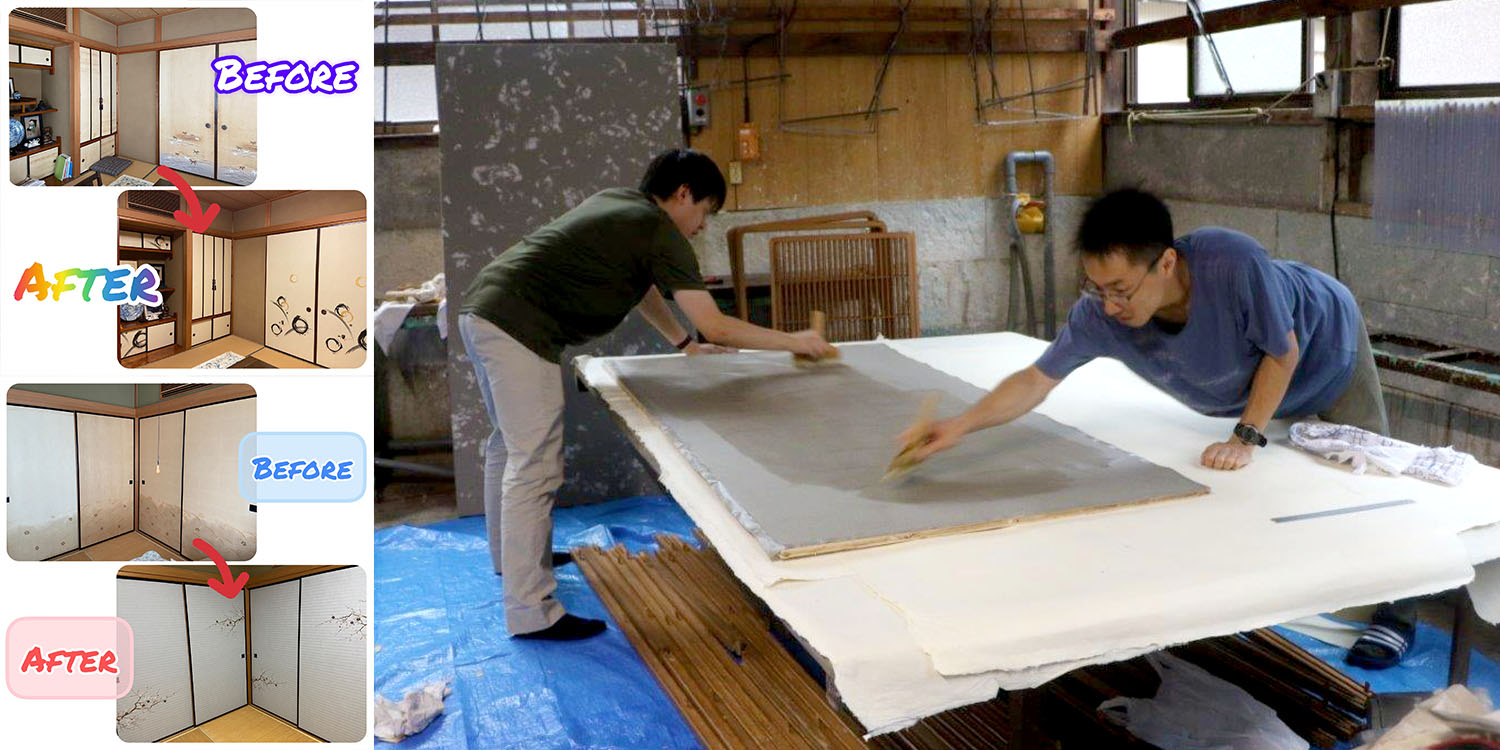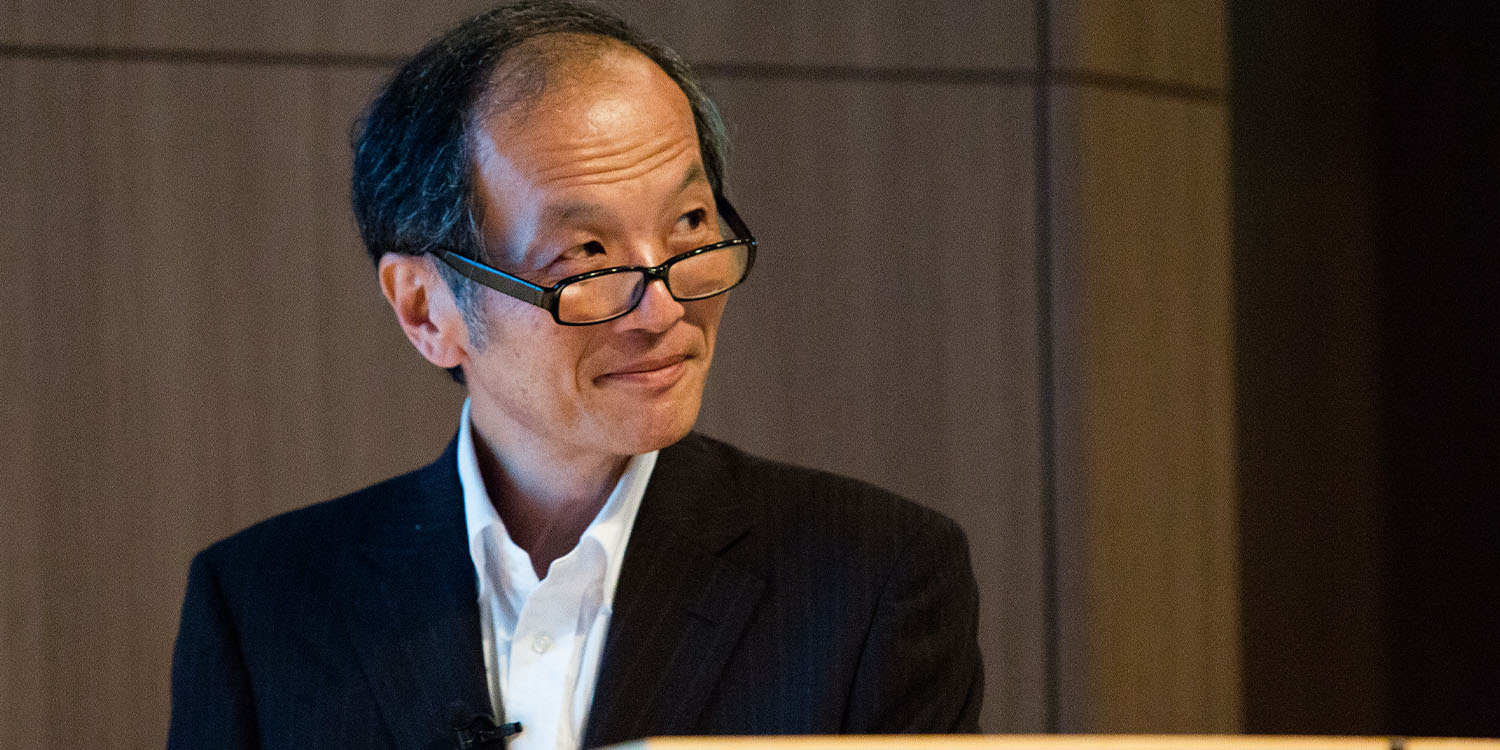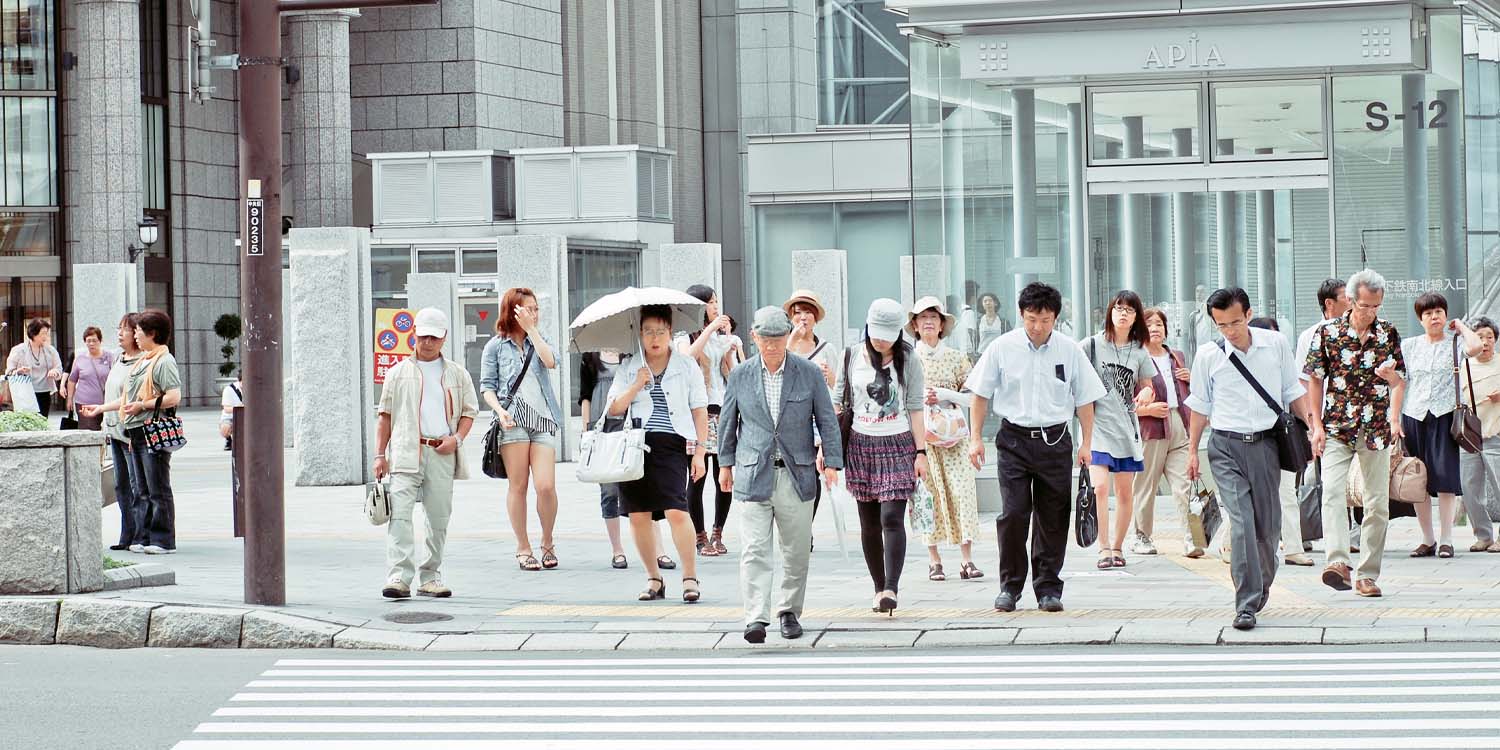The Asian Conference on the Social Sciences (ACSS) is a multidisciplinary conference held concurrently with The Asian Conference on Arts & Humanities (ACAH). Keynote, Featured and Spotlight Speakers will provide a variety of perspectives from different academic and professional backgrounds. Registration for either conference will allow participants to attend sessions in both.
This page provides details of featured presentations, the conference schedule and other programming. For more information about presenters, please visit the Speakers page.
Conference Outline
17:00-19:00: Conference Welcome Reception & Pre-Conference Registration | GARB Central
The Conference Meet & Greet is the perfect opportunity for conference delegates to get a head start on the conference and make valuable connections with other attendees before the event officially begins. The event will be held at GARB Central, a trendy bar and restaurant located in the heart of Chiyoda Ward, Tokyo.
The Conference Meet & Greet is included in the conference registration. Pre-registration is not required.
Hotel Le Port Kojimachi
10:00-10:30: Conference Registration & Coffee | Marble Room 3F
10:30-10:35: Announcements & Welcome | Marble Room 3F
10:35-10:45: Welcome Address & Recognition of IAFOR Scholarship Winners
10:45-11:30: Keynote Presentation | Marble Room 3F
Inaugural Address from the President of IAFOR: Climate Change Challenges and International, Intercultural and Interdisciplinary Perspectives
Jun Arima, University of Tokyo, Japan
11:30-12:15: Featured Interview | Marble Room 3F
Demographic and Societal Change through the Japanese Lens
Joseph Coleman, Indiana University Bloomington, United States
12:15-12:30: Conference Photograph
12:30-13:30: Lunch Break
13:30-14:15: Featured Panel Presentation | Marble Room 3F
Digital Transformation (DX) in Japanese Business Organisations
Will Baber, Kyoto University Graduate School of Management, Japan
Anshuman Khare, Athabasca University, Canada
Kanji Kitamura, Loyola University, United States and Hawaii Pacific University, United States
Yuko Onozaka, University of Stavanger, Norway
14:15-15:00: Featured Presentation | Marble Room 3F
Publishing in the Humanities
Alfonso J. García Osuna, City University of New York, Kingsborough & Hofstra University, United States
Toshi Center Hotel
15:15-16:15: Conference Poster Session | Room 701
16:15-16:45: Cultural Presentation | Room 701
Fusuma: The Art of Japanese Sliding Doors
Fusuma Club, University of Tokyo, Japan
Gonpachi
19:00-21:00: Conference Dinner (Optional Extra)
Toshi Center Hotel
08:30-09:30: Registration & Coffee
09:30-11:10: Onsite Parallel Presentation Session 1
Room 703: Literary Studies
Room 704: Social, Political and Community Agendas in the Arts
Room 705: Psychology & Social Psychology
Room 707: Education and Social Welfare
Room 708: Economics and Management
11:10-11:25: Coffee Break
11:25-13:05: Onsite Parallel Presentation Session 2
Room 703: Interdisciplinary Language, Literature & Arts
Room 704: Teaching & Learning the Arts/Humanities
Room 705: Health Sciences/Social Work
Room 707: Education and Social Welfare
Room 708: Economics and Management
13:05-14:05: Lunch Break
14:05-14:55: Onsite Parallel Presentation Session 3
Room 703: COVID-19 & the Arts
Room 704: Teaching Methods Across Disciplines and Cultures
Room 705: Research Methodologies, Quantitative and Qualitative
Room 707: Notions of Beauty, Harmony, and Composition in Theatre
Room 708: Law & Criminology
14:55-15:10: Coffee Break
15:10-16:50: Onsite Parallel Presentation Session 4
Room 703: Sexuality, Gender, Families
Room 704: Society & Culture/Urban Studies
Room 705: Environmental and Health Sciences
Room 707: Sustainability
Room 708: Economics and Management
Toshi Center Hotel
08:30-09:30: Registration & Coffee
09:30-11:10: Onsite Parallel Presentation Session 1
Room 703: Language, Linguistics/Teaching, Learning
Room 704: Teaching and Learning
Room 705: Global Issues & Human Rights
Room 707: Politics & Public Policy
Room 708: Science, Environment and the Humanities
11:10-11:25: Coffee Break
11:25-12:40: Onsite Parallel Presentation Session 2
Room 703: Literary Studies
Room 704: Teaching and Learning
Room 705: Media & Media Arts
Room 707: Politics, Public Policy, Law & Criminology
Room 708: Cultural and Media Studies
12:40-13:40: Lunch Break
13:40-14:55: Onsite Parallel Presentation Session 3
Room 703: Aesthetics, Design
Room 704: Teaching and Learning
Room 705: Anthropology, Archaeology, Cultural Studies and Humanities
Room 707: Social History
Room 708: Economics and Management
14:55-15:10: Coffee Break
15:10-16:25: Onsite Parallel Presentation Session 4
Room 703: Journalism and Communications
Room 704: Ethnicity, Difference, Identity
Room 705: Interdisciplinary Sciences
Room 707: Education and Social Welfare
Room 708: Economics and Management
16:25-16:40: Onsite Closing Session | Room 703
Online via Zoom
11:30-11:35: Message from IAFOR
11:35-13:15: Online Parallel Presentation Session 1
Room A: International Social Studies
Room B: Interdisciplinary Arts
13:15-13:30: Break
13:30-14:45: Online Parallel Presentation Session 2
Room A: Religion, Spirituality
Room B: Visual Arts Practices
14:45-15:00: Break
15:00-17:05: Online Parallel Presentation Session 3
Room A: Literary Studies
Room B: Interdisciplinary Arts
17:05-17:10: Message from IAFOR
The above schedule may be subject to change.
Featured Presentations
-
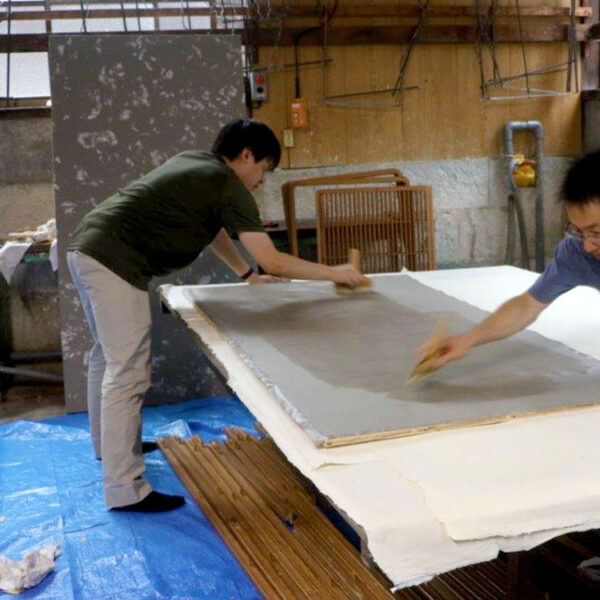 Fusuma: The Art of Japanese Sliding DoorsCultural Presentation: Todai Fusuma Club, University of Tokyo
Fusuma: The Art of Japanese Sliding DoorsCultural Presentation: Todai Fusuma Club, University of Tokyo -
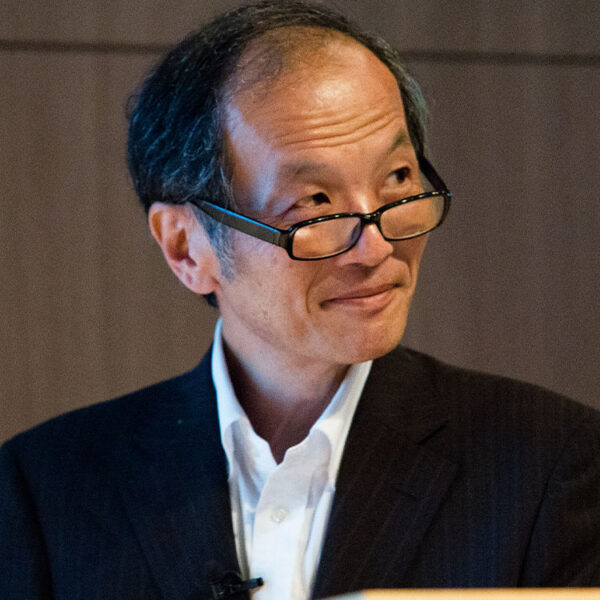 Inaugural Address from the President of IAFOR: Climate Change Challenges and International, Intercultural and Interdisciplinary PerspectiveKeynote Presentation: Jun Arima
Inaugural Address from the President of IAFOR: Climate Change Challenges and International, Intercultural and Interdisciplinary PerspectiveKeynote Presentation: Jun Arima -
 Demographic and Societal Change through the Japanese LensFeatured Interview: Joseph Coleman & Joseph Haldane
Demographic and Societal Change through the Japanese LensFeatured Interview: Joseph Coleman & Joseph Haldane -
 Digital Transformation (DX) in Japanese Business OrganisationsFeatured Panel Presentation: William Baber, Anshuman Khare, Kanji Kitamura, Yuko Onozawa
Digital Transformation (DX) in Japanese Business OrganisationsFeatured Panel Presentation: William Baber, Anshuman Khare, Kanji Kitamura, Yuko Onozawa -
 Publishing in the HumanitiesFeatured Presentation: Alfonso J. García Osuna
Publishing in the HumanitiesFeatured Presentation: Alfonso J. García Osuna
Conference Programme
<!-- The draft version of the Conference Programme will be available online on April 15, 2024. All registered delegates will be notified of this publication by email.
*Please be aware that the above schedule may be subject to change.
Final Programme
-->
The online version of the Conference Programme is now available to view below via the Issuu viewing platform. Alternatively, download a PDF version. The Conference Programme can also be viewed on the Issuu website (requires a web browser). An Issuu app is available for Android users.
The Conference Programme contains access information, session information and a detailed day-to-day presentation schedule.
Important Information Emails
All registered attendees will receive an Important Information email and updates in the run-up to the conference. Please check your email inbox for something from "iafor.org". If you can not find these emails in your normal inbox, it is worth checking in your spam or junk mail folders as many programs filter out emails this way. If these did end up in one of these folders, please add the address to your acceptable senders' folder by whatever method your email program can do this.
Pre-Recorded Virtual Presentations
A number of presenters have submitted pre-recorded virtual video presentations. We encourage you to watch these presentations and provide feedback through the video comments. A full list of these is on the conference website.
Previous Programming
View details of programming for past ACSS conferences via the links below.
